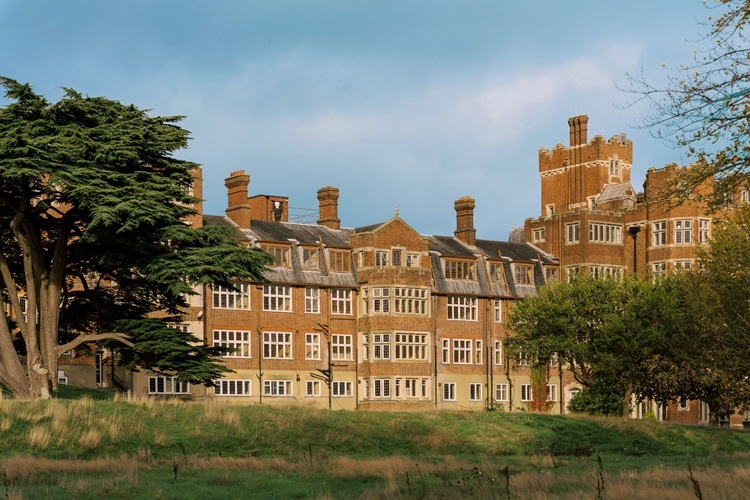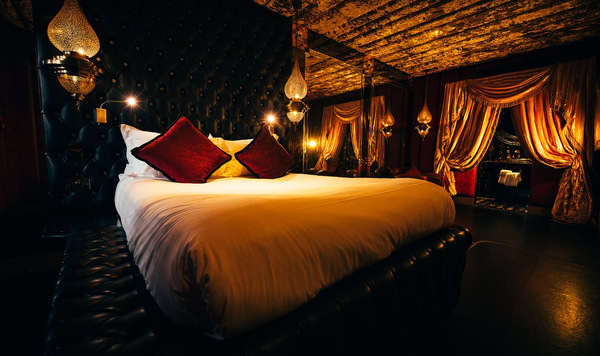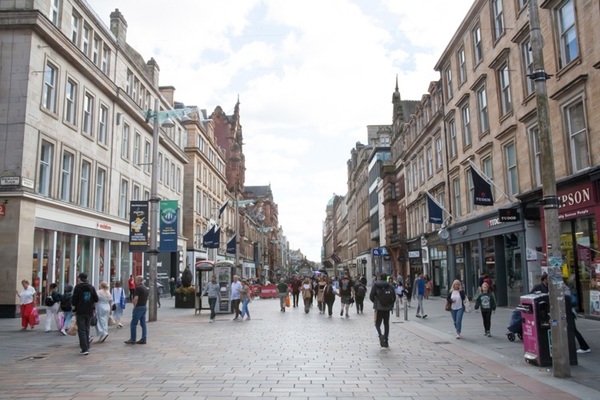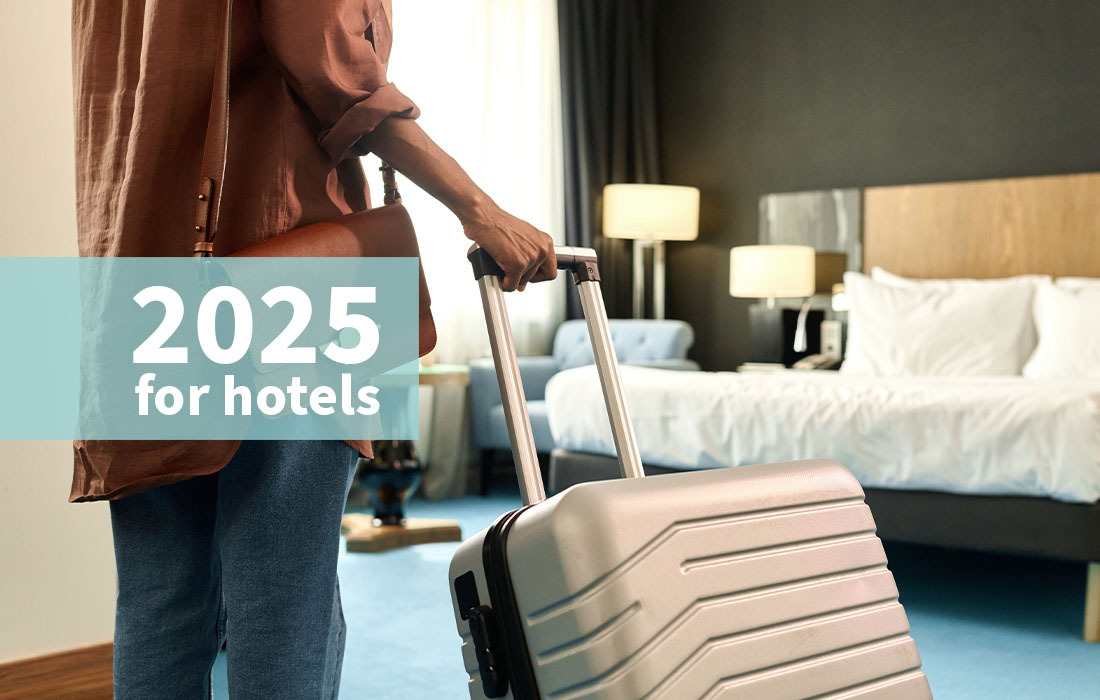Hotels facing drop in business following London Bridge attacks
The resilience of the capital's hotel industry is expected to be severely tested by the terrorist attack on London Bridge and Borough Market on Saturday night.
While the performance of London hotels held strong following the Westminster Bridge incident in March, with data company STR reporting that the market recorded significant year-over-year growth in both occupancy and average daily rate (ADR) figures immediately after the attack, concern has been voiced that this time the impact could drive down performance.
However, figures from STR show that there was an immediate downturn in business in Manchester following the suicide bombing at the Ariana Grande concert on 22 May. Two days after the attack, the year-on-year occupancy rate in the city fell by 8.5% to 89% and the average room rate was down 13.3% to £85.73.
A spokesperson for STR said that hotel performance in London has reached record levels so far in 2017, primarily due to devaluation of the pound and subsequent boost in leisure business.
"The market maintained performance growth without disruption following the two previous attacks in the UK, but at this point, it is still too early to gauge any potential impact as a result of this recent tragedy. We will continue to monitor performance and report on any disruption in hotel demand or rates.â
Meanwhile, hotels and restaurant shares tumbled yesterday, according to The Times, with Whitbread, which operates Premier Inn and Costa coffee shops, across the capital, reporting a 2.6% drop of 109p to £41.16.
Millennium & Copthorne Hotels, which operates properties across the capital, lost 11½p to 457¾p. Intercontinental Hotels Group, which has a strong international presence, fell by only 61p (down 1.4%) to £44.07.
Londonâs hotels enjoyed a record-breaking revenue per available room figure for April, up 10.3% year-on-year to £119.40.
April was record-breaking month for revpar in London hotels >>
Hotels hold strong following Westminster attack >>
Videos from The Caterer archives

















